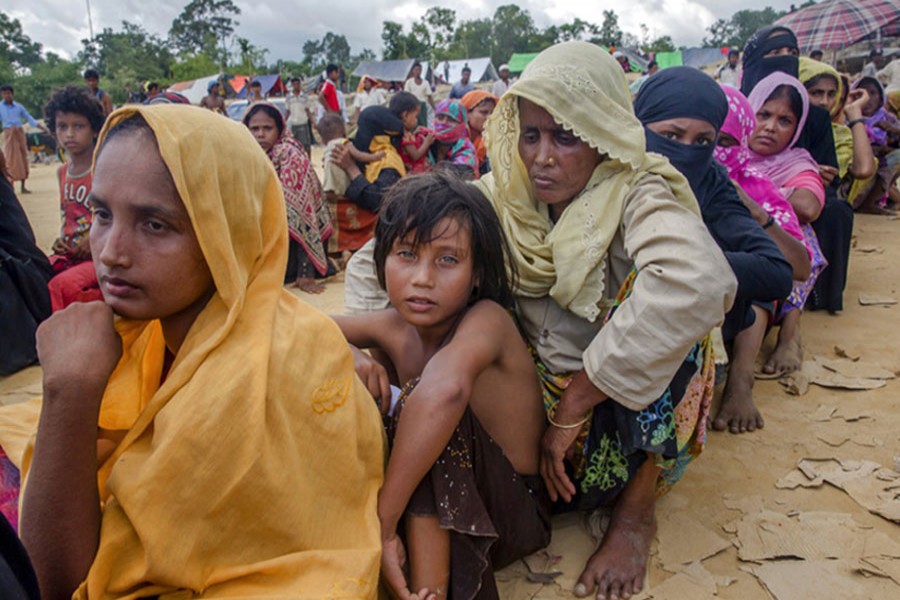Drug addiction, now destroying the most resourceful youth power of the country, is more dangerous than militancy. Equally dangerous is the silent killer-acute immune deficiency syndrome (AIDS), if not detected and preventive steps taken at an appropriate time. This may wipe out an entire population. Militancy takes place in a particular area and could be contained by the security forces. But the other two go on proliferating in almost all tiers of the society. The only way one can hope to address the malady is a social movement in participation of all quarters of the society.
What is really surprising is that Bangladesh is yet to launch extensive surveillance among about one million Rohingya refugees now encamped in the country despite the fact that Myanmar is internationally known to be a breeding ground of AIDS. According to the UNAIDS, 230,000 people are living with HIV in Myanmar, and 7,800 people died of it. It is one of the 35 countries witnessing 90 per cent of new HIV infections globally. Unfortunately, the risk behaviour of HIV/AIDS is deteriorating in other neighbouring countries like India, Nepal and Pakistan. Rohingyas are most vulnerable as they live in congested camps in the country's south-eastern district. A spokesman of Cox's Bazar Sadar Hospital, said 16 AIDS patients were brought under treatment. Seeing the increase in the number of such patients, the health ministry provided 300 kits to detect HIV patients at the upazila level in Ukhia and Tekhaf, he said. Doctors, nurses, pathologists and technicians are being trained to use the kits and safety measures. But there must be extensive surveillance of the refugees in all the camps.
According to the UNAIDS, 2,30,000 people are living with HIV in Myanmar, and 7,800 people died due to the infection. It is one of the 35 countries witnessing 90 per cent of new HIV infections globally. A doctor working for an international organisation in Ukhia said the actual picture could be dreadful. "In the field level, we don't have any mechanism to detect HIV patients. We refer those who have symptoms of HIV to the district hospital for confirmation."
Though the HIV-positive patients seem to be low in number, the risk of spreading is very much there. There might be a rapid spread of the disease if steps are not taken immediately. This is because most of the Rohingya people are not covered by vaccination and so their immune system is comparatively weak. Besides, their hygiene practices are not up to the mark, while many of them maintain risky sexual behaviour.
Bangladesh is a low HIV prevalence country, but it is not free from the risk of its spreading. If Bangladesh does not working on HIV prevention in a methodical way, its prevalence will rise to 7 per cent within 25 years which is now only at 0.1 per cent, says a leading expert.


